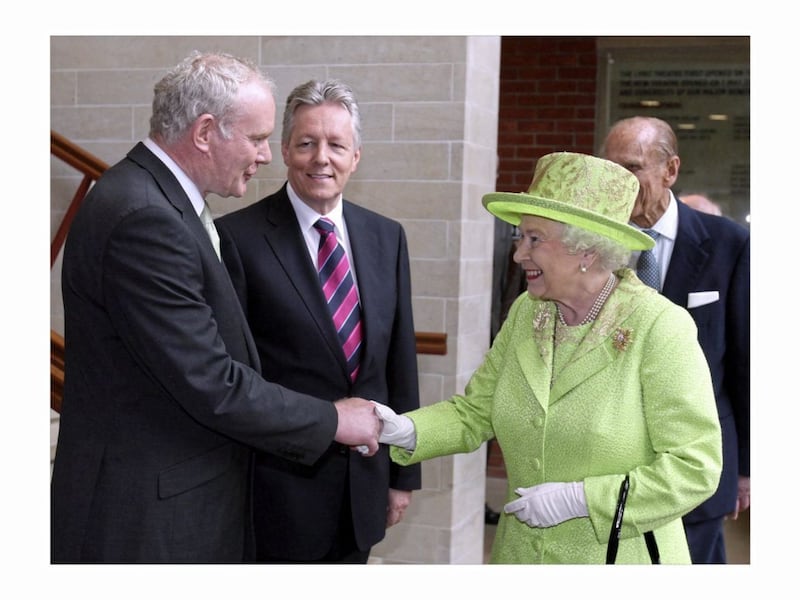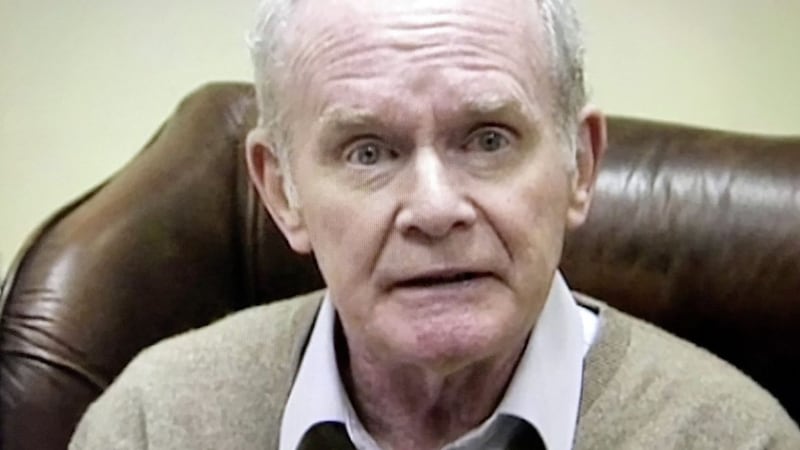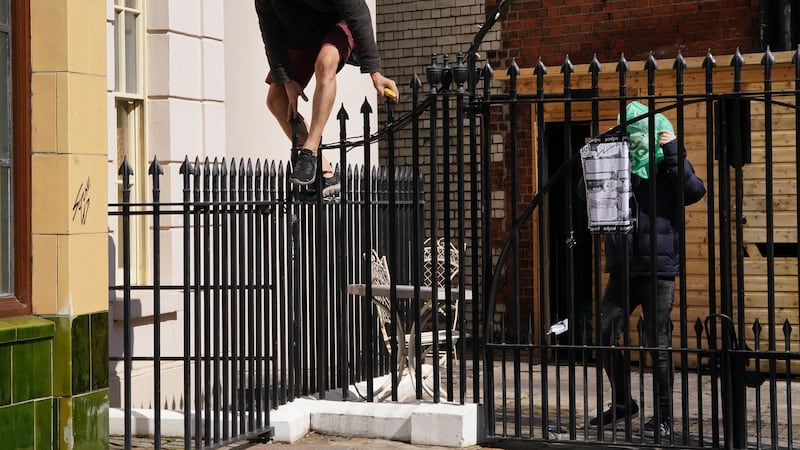WHEN Martin McGuinness died, Enoch Powell's famous quote kept popping into my head. Not the usual words about all political lives ending in failure but the less known part of the same quote "unless they are cut off in midstream at a happy juncture".
The press conference, at which McGuinness outlined his intention to resign, was dramatic in political terms and even more so in the revelation of the seriousness of his illness. The `aawh dear' as he sat down, probably evoked more warmth and votes than any of the policy issues he went on to discuss. The `aawh dear' encapsulated the years of effort, the miles of travel, the weary bones from age and sickness and the disappointment at what he was about to do - bring the devolved institutions crashing down.
It could be seen as an admission of defeat, that his efforts and his policy had been a failure. Was he handing the baton on to others who would plough a different political furrow? Was his legacy in peril as a result and did his death ensure his reputation in that he was `cut off in midstream at a happy juncture'?
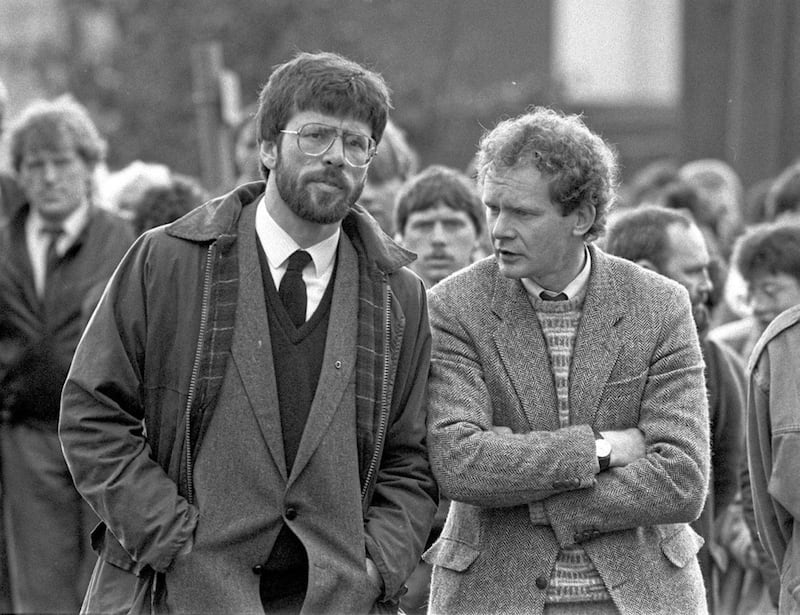
What is certain is that McGuinness was attached to the devolved institutions. He saw himself as their primary creator and guardian. He believed that he had succeeded in changing the atmosphere of the north. He was also in full control of his party - most specifically but not exclusively in the north. The years had shown him to be, by far, the best that the party had.
It is not an exaggeration to think that his resignation was the end of what can be called the McGuinness project. He was the incarnation of working the devolved institutions, of reconciling with the unionist/Protestant population. He had said in recent times that he would die for what had been achieved. That identification with the peace and political process is now mythologised in the shallow media narrative that had he not fell ill and died, the institutions would not have fallen or that he would have made sure that they would be up and running again by now.
That is an oversimplification of the man and his politics. He was not one dimensional but his fundamental focus was Irish unity. No one and no thing usurped that conviction and that passion. He was a total believer in the republican project and that includes the belief that only Sinn Féin has the conviction, the ability and the resolve to achieve unity. It included the reaching out and the reconciling of the unionist position but not at the price of losing focus on unity.
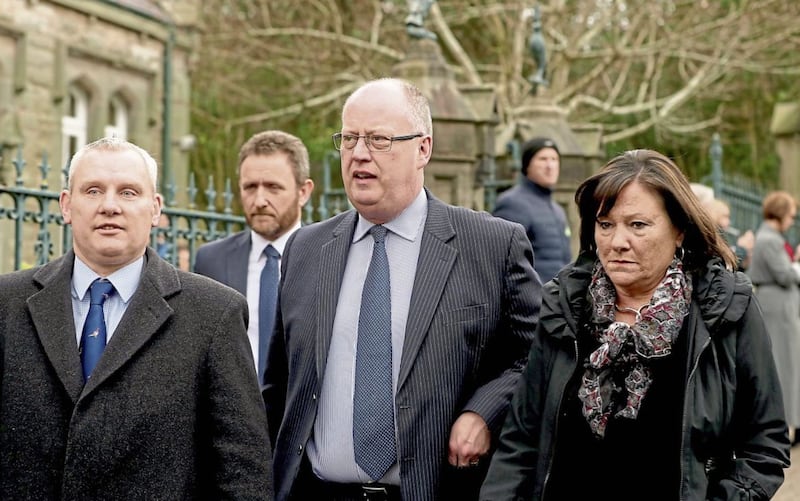
His resignation had already put Sinn Féin on the front foot and his death has enhanced that position. He was going to stand down as Deputy First Minister this coming May but he had no intention of leaving politics completely. His dramatic resignation had propelled his party from uncertainty and defensiveness to their most powerful presence in years.
Sinn Féin is now in a win-win situation. It can agree to resurrect the institutions or it can let them wither for a time or even forever. The dynamic and the push for Irish unity has moved into the realm and the dynamics of Brexit. Future constitutional decisions have moved into a broader Anglo/European space. Within a lifetime, we have moved from Eddie McAteer, of the old Nationalist Party, knocking his head against a stone wall, to the leaders of the DUP pleading with Sinn Fein to resurrect Stormont.
Sinn Féin is presently strong but continues to suffer from the blindness that is inherent in the republican project and was easily detected in McGuinness. He and his party were blind to the reality that Sinn Féin are the last people in the world to be able to reconcile with unionism. Charm and a warm handshake does not heal everything. There is too much hurt and death in that mix. They are also blind to the fact are the last people to lead on the Brexit issue. They have neither the knowledge, the people or the experience within that world. They would be better following other more experienced political parties into that morass.
In the coming years, the republican project is going to have to learn when best to lead and when best to allow others to lead. It is something they have not yet learned and without McGuinness's charm it is likely to reveal itself in future in a cruder fashion.
